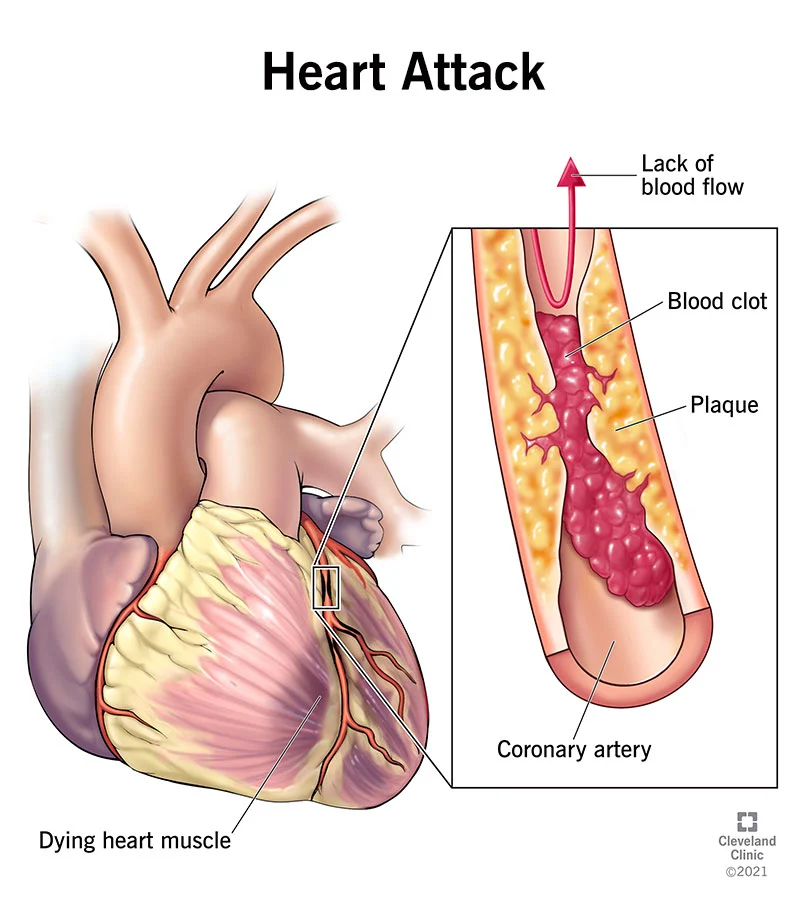Which of the following physiological responses is caused by the release of antidiuretic hormone?
A. Decrease in the concentration of calcium in the glomerulus
B. Increase in water reabsorption in the collecting duct
C. Increase in the concentration of calcium in the glomerulus
D. Decrease in water reabsorption in the collecting duct
Anti-diuretic hormone (ADH) is a hormone that regulates the amount of water in the body. It is produced by the hypothalamus and released by the posterior pituitary gland. ADH acts on the kidneys to increase the reabsorption of water from the filtrate back into the blood. This reduces the volume and increases the concentration of urine.
Therefore, the Correct Answer is B.



